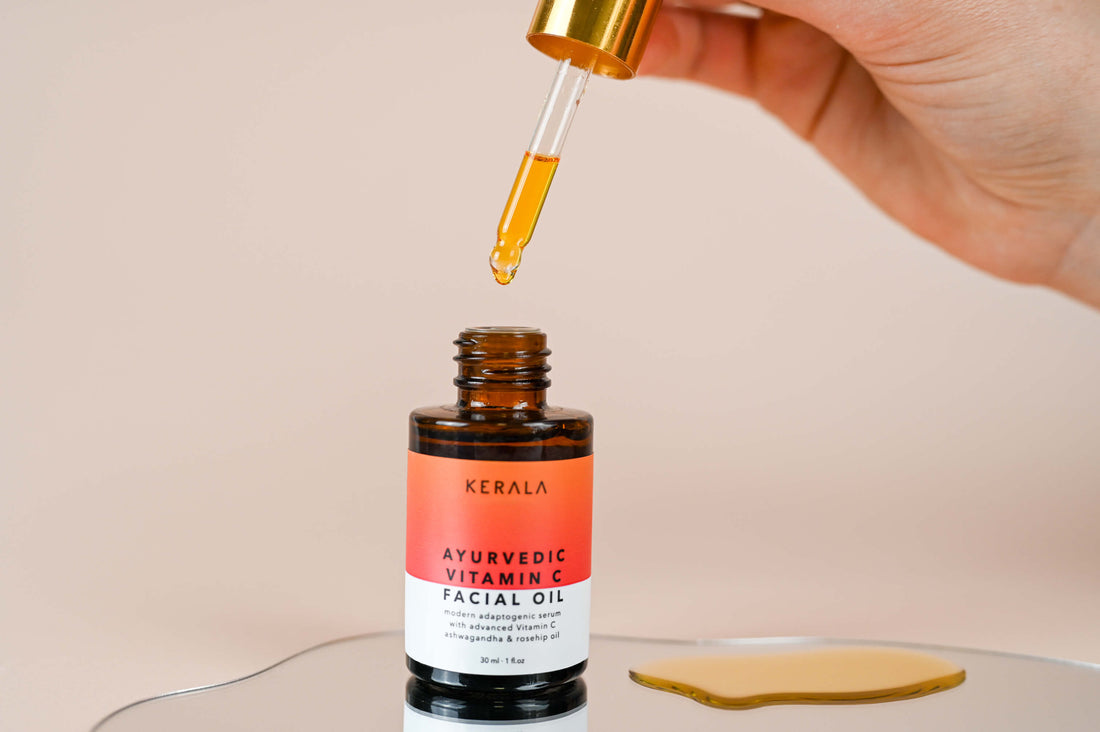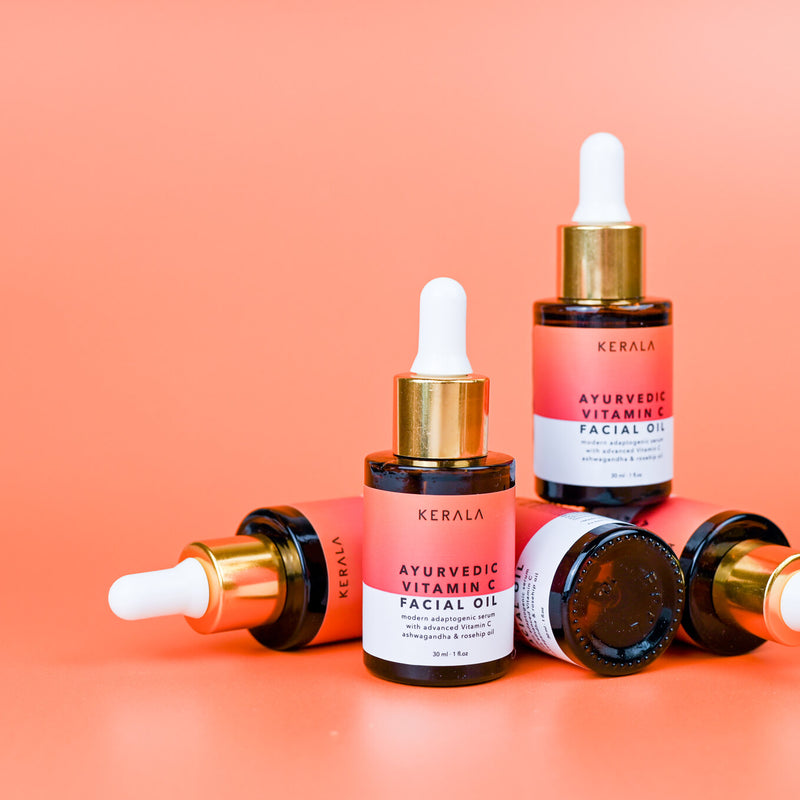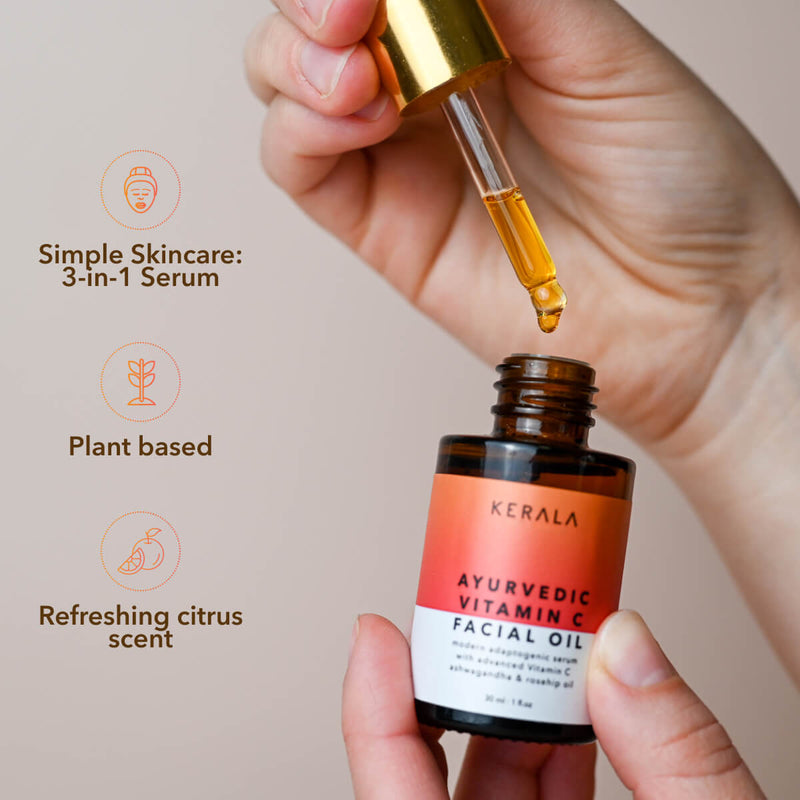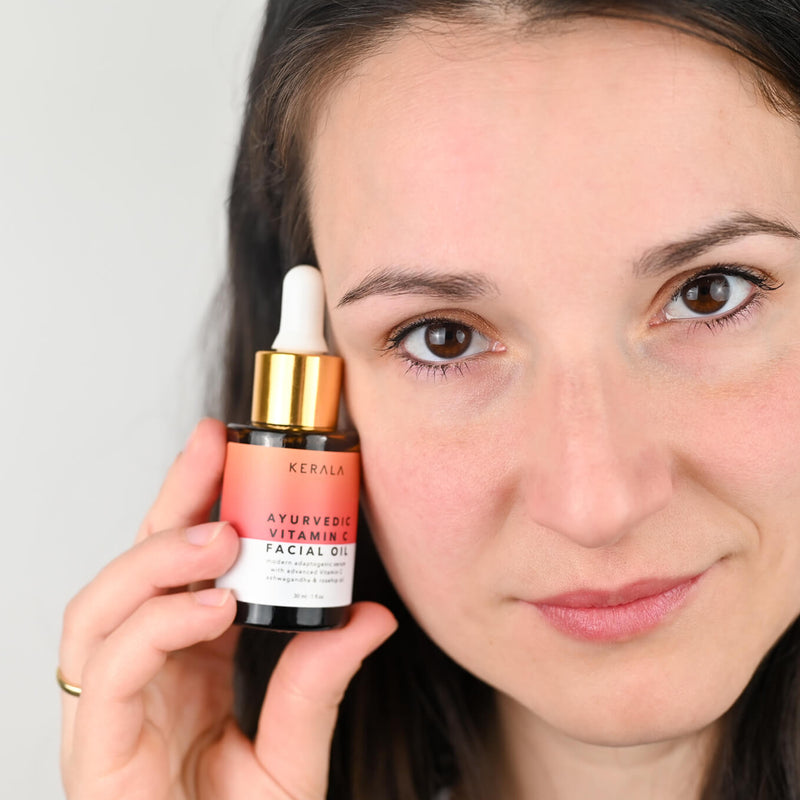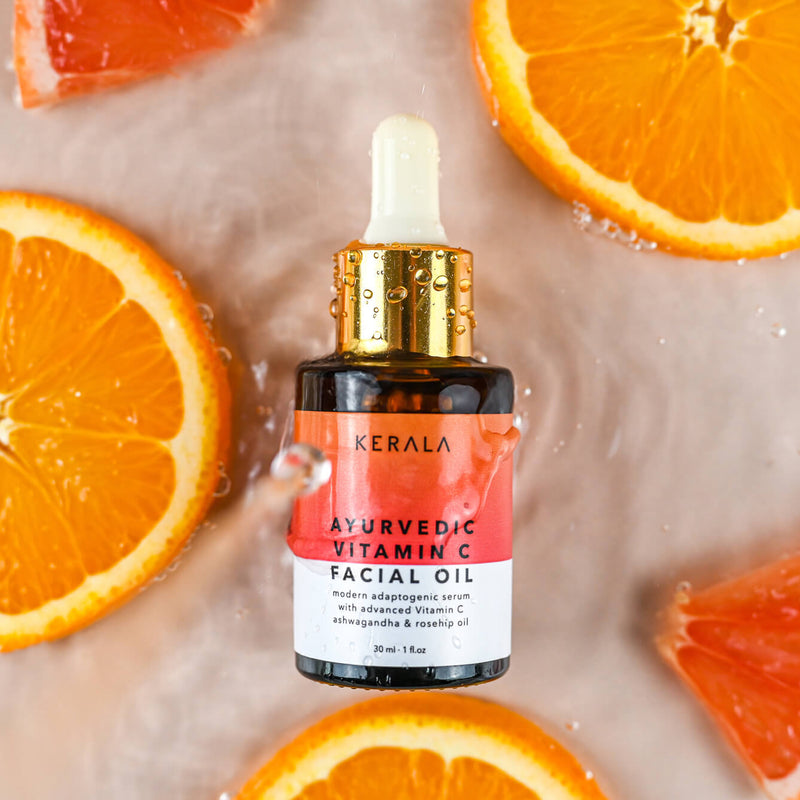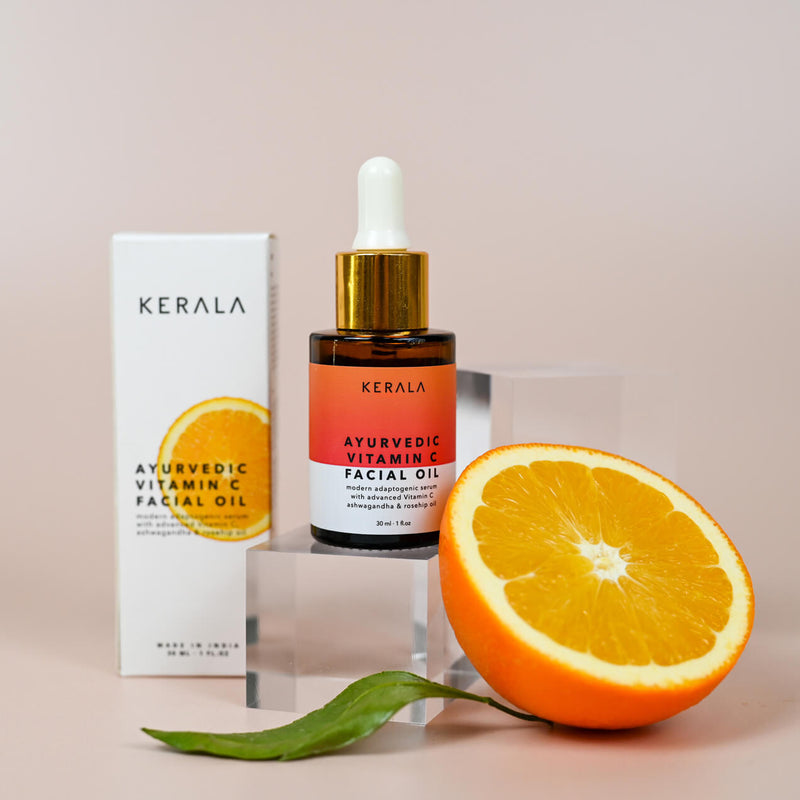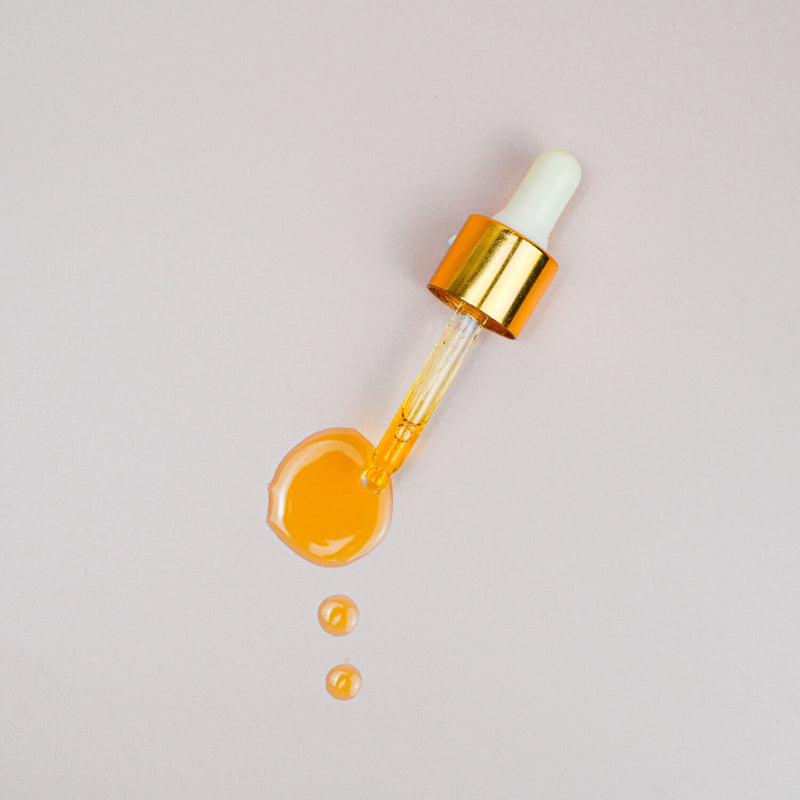Retinol has long been hailed as the holy grail of skincare, with its ability to reduce wrinkles, fade dark spots, and improve overall skin texture. However, as a product expert in the skincare industry, I have chosen to steer clear of retinol and instead embrace bakuchiol as a natural alternative. In this blog post, I will explain why I have made this decision and shed light on the benefits of bakuchiol.

What is Retinol and Why is it Popular?
Retinol is a derivative of vitamin A and is widely used in skincare products due to its ability to increase cell turnover and stimulate collagen production. It has been proven effective in reducing the appearance of fine lines, wrinkles, and acne. Many dermatologists and skincare enthusiasts swear by its results.
What are the downsides of retinol?
While retinol offers numerous benefits, it is important to be aware of its potential downsides. Here are some common side effects associated with retinol:
1. Skin Irritation and Sensitivity
Retinol can cause skin irritation, redness, and peeling, especially when used in high concentrations or by individuals with sensitive skin. It is advisable to start with a lower concentration and gradually increase usage to allow your skin to adjust.
2. Increased Sun Sensitivity
Retinol can make your skin more sensitive to the sun's harmful UV rays. It is crucial to apply a broad-spectrum sunscreen with a high SPF during the day when using retinol. This will help protect your skin from sunburn and other sun-related damage.
3. Dryness and Flakiness
Retinol can cause dryness and flakiness, particularly during the initial stages of use. It is essential to keep your skin moisturized by using a gentle, hydrating moisturizer. Avoid using harsh or drying skincare products that may exacerbate these side effects.
4. Not Suitable for Pregnant or Breastfeeding Women
Retinol is not recommended for use by pregnant or breastfeeding women. High doses of vitamin A, including retinol, have been associated with potential harm to the developing fetus. It is best to consult with a healthcare professional before using retinol during pregnancy or while breastfeeding.
5. Potential for Skin Sensitization
With prolonged use, some individuals may develop a sensitivity to retinol. This can lead to persistent redness, itching, or a burning sensation. If you experience any of these symptoms, it is advisable to discontinue use and consult a dermatologist.
Why I Choose Bakuchiol
While retinol may deliver impressive results, it also comes with a host of potential side effects such as redness, dryness, and increased sensitivity to the sun. As someone with sensitive skin, I have found that bakuchiol offers similar benefits without the drawbacks.
Bakuchiol is a natural compound derived from the seeds of the Psoralea corylifolia plant. It has been used in traditional Ayurvedic medicine for centuries due to its anti-inflammatory and antioxidant properties. Recent studies have shown that bakuchiol can effectively reduce wrinkles, improve skin elasticity, and even out skin tone, making it a worthy contender to retinol.
The Benefits of Bakuchiol
One of the major advantages of bakuchiol is its gentle nature. Unlike retinol, it does not cause irritation or dryness, making it suitable for all skin types, including sensitive and acne-prone skin. It also does not increase sun sensitivity, allowing you to incorporate it into your skincare routine without worrying about sunburns or sun damage.
Furthermore, bakuchiol is a natural alternative, which means it is free from synthetic chemicals and harsh ingredients. This makes it a safer option for those who prefer a more holistic approach to skincare.
Scientific Evidence and Studies
Scientific studies have shown promising results when it comes to bakuchiol's efficacy. In a study published in the British Journal of Dermatology, researchers found that bakuchiol produced similar anti-aging effects to retinol, including a reduction in wrinkles and hyperpigmentation.
Another study conducted by the University of California, Davis, compared the effects of retinol and bakuchiol on human skin cells. The results showed that both compounds activated similar genes related to collagen production, indicating that bakuchiol can stimulate collagen synthesis just like retinol.
Products with Bakuchiol
The Ayurvedic Vitamin C Face Oil by Kerala Rituals - not only does it have Bakuchiol, but it's filled with a whole lot of other Ayurvedic ingredients.

Conclusion
While retinol may be the go-to ingredient for many skincare enthusiasts, it is important to explore alternative options that can deliver similar results without the potential side effects. Bakuchiol offers a natural, gentle, and effective alternative to retinol, making it a worthy addition to any skincare routine. As a product expert, I have embraced bakuchiol and encourage others to give it a try for healthier, happier skin.

